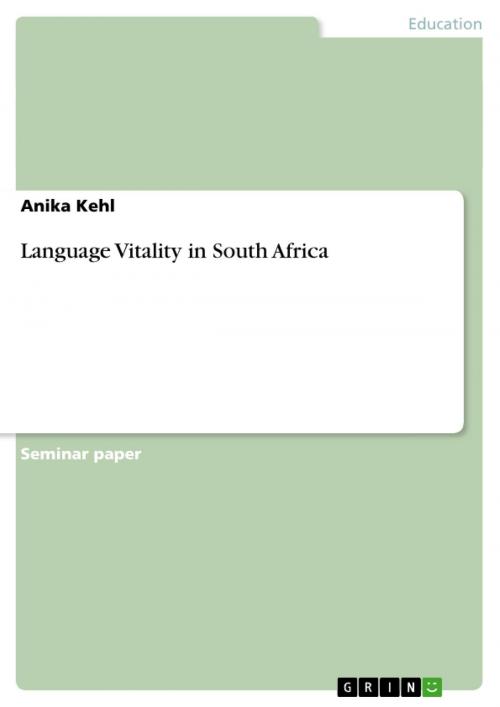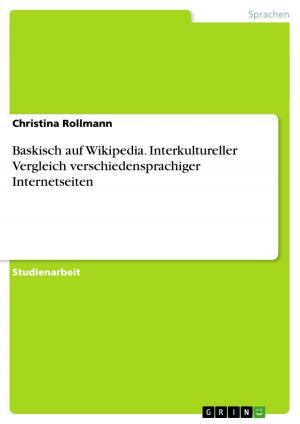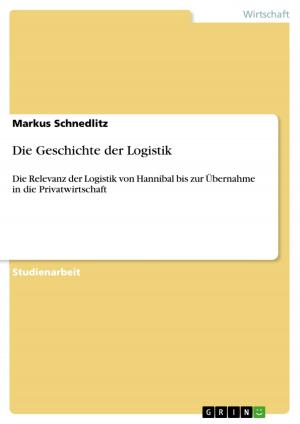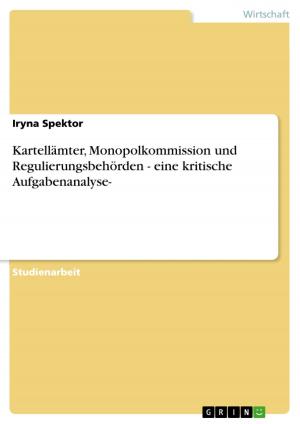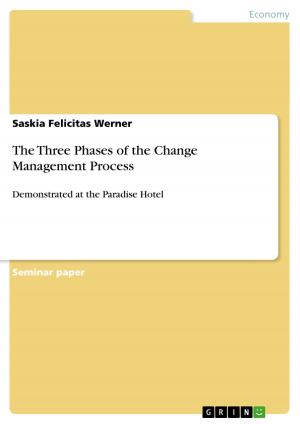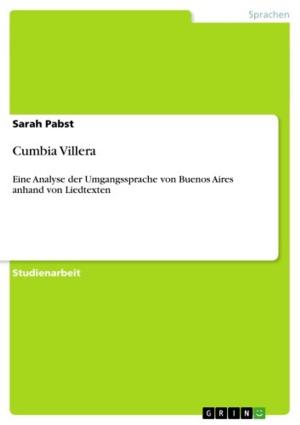Language Vitality in South Africa
Nonfiction, Reference & Language, Study Aids, ESL, Foreign Languages| Author: | Anika Kehl | ISBN: | 9783656724759 |
| Publisher: | GRIN Verlag | Publication: | August 21, 2014 |
| Imprint: | GRIN Verlag | Language: | English |
| Author: | Anika Kehl |
| ISBN: | 9783656724759 |
| Publisher: | GRIN Verlag |
| Publication: | August 21, 2014 |
| Imprint: | GRIN Verlag |
| Language: | English |
Seminar paper from the year 2011 in the subject English - Pedagogy, Didactics, Literature Studies, grade: 1,3, Ernst Moritz Arndt University of Greifswald (Anglistik/Amerikanistik), course: Hauptseminar: English in Contact, language: English, abstract: There are 24 languages which are regularly used by more than 44.8 million South Africans and almost 80 % of the South African population use one of the African languages at home. 'The most commonly spoken home language is isiZulu, which is spoken by 23.8 % of the population, followed by isiXhosa (17.6 %) and Afrikaans (13.3 %)' Although English is the home language of only 8.2 % of the South African population it is still used as a lingua franca throughout the nation. The eleven official languages are used by 99% of the country's population and those languages are all supposed to have equal rights. Belonging to these languages are English and Afrikaans, and nine other African languages: 'Sepedi, Sesotho, Setswana, siSwati, Tshivenda, Xitsonga, isiNdebele, isiXhosa, and isiZulu'. There are also many other languages spoken in South Africa like for example Arabic, German, Greek, Hindi, Tamil, Hebrew and many more. Some European languages like French, German, and Portuguese are used in South Africa but they are not nearly as influential as English. The historical development of South Africa has brought the question of language forward. The country became aware of its unique language situation and the chances and problems which are connected to it. After Mandela many people developed a greater interest in smaller languages. The paper is going to explore the language vitality of some of the 11 official South African languages, dealing with the problem of language endangerment/death and language reviltalisation. It is going to be seen whether the multilingualism which is propagandized by the government is or can be realised in real life. Due to the lack of valid information for many of the smaller indigenous Afrcian langugeas the paper will mostly look at the situation of Afrikaans and English, only rarely concidering the other languages in much detail.
Seminar paper from the year 2011 in the subject English - Pedagogy, Didactics, Literature Studies, grade: 1,3, Ernst Moritz Arndt University of Greifswald (Anglistik/Amerikanistik), course: Hauptseminar: English in Contact, language: English, abstract: There are 24 languages which are regularly used by more than 44.8 million South Africans and almost 80 % of the South African population use one of the African languages at home. 'The most commonly spoken home language is isiZulu, which is spoken by 23.8 % of the population, followed by isiXhosa (17.6 %) and Afrikaans (13.3 %)' Although English is the home language of only 8.2 % of the South African population it is still used as a lingua franca throughout the nation. The eleven official languages are used by 99% of the country's population and those languages are all supposed to have equal rights. Belonging to these languages are English and Afrikaans, and nine other African languages: 'Sepedi, Sesotho, Setswana, siSwati, Tshivenda, Xitsonga, isiNdebele, isiXhosa, and isiZulu'. There are also many other languages spoken in South Africa like for example Arabic, German, Greek, Hindi, Tamil, Hebrew and many more. Some European languages like French, German, and Portuguese are used in South Africa but they are not nearly as influential as English. The historical development of South Africa has brought the question of language forward. The country became aware of its unique language situation and the chances and problems which are connected to it. After Mandela many people developed a greater interest in smaller languages. The paper is going to explore the language vitality of some of the 11 official South African languages, dealing with the problem of language endangerment/death and language reviltalisation. It is going to be seen whether the multilingualism which is propagandized by the government is or can be realised in real life. Due to the lack of valid information for many of the smaller indigenous Afrcian langugeas the paper will mostly look at the situation of Afrikaans and English, only rarely concidering the other languages in much detail.
